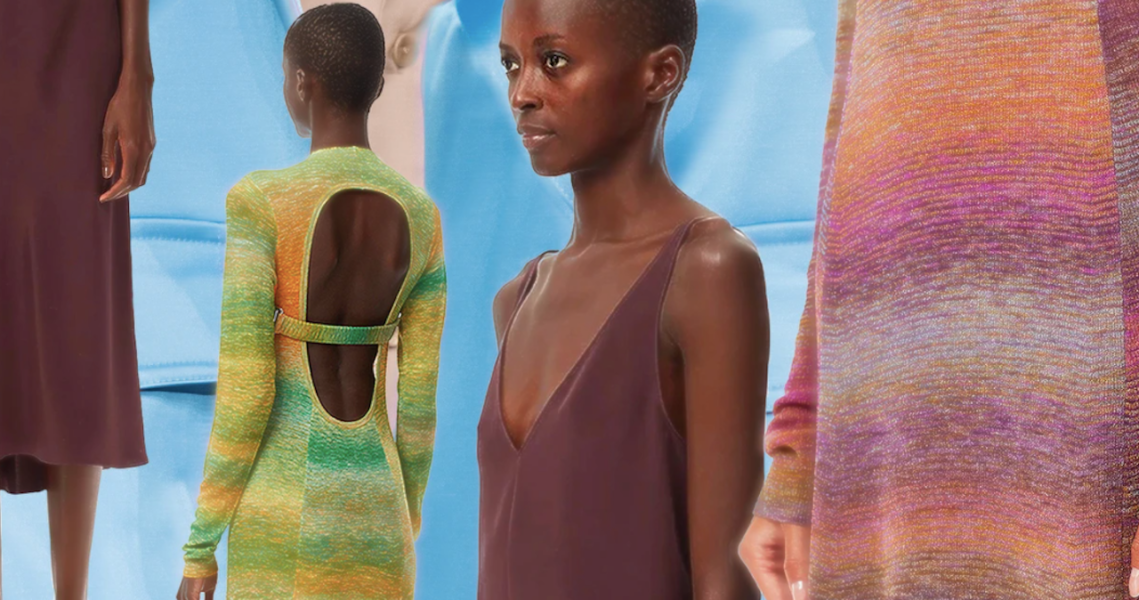In the last few weeks, fashion brands have been issuing statements in support of the recent protests and reckoning with a lack of diversity in the industry. At the same time, efforts to support Black-owned businesses have been gaining traction as consumers increasingly look for ways to take action.
“We need to spend our money at companies that respect our communities, that enrich our communities, that give back to our communities and that are in our communities,” said Guy Wood Sr., creative director at NYC-based boutique Harlem Haberdashery and head designer at custom clothing company 5001 Flavors.
“The Black dollar is vital to the American economy. As we are all identifying, sharing and paying homage to these great Black-owned businesses, we need to recognize the value of our dollar,” he said. Black consumers have $1.3 trillion in annual buying power, according to Nielsen data from 2019.
“I have been unconsciously buying from white brands my whole life,” said Mikaila Brown, a Black professor and founder of The Common Thread Project. “Black children are taught to buy white from the first dollar they spend.”
But, she said, that is starting to change as people of all races start to think about who and what they are supporting.
In late May, designer Aurora James created the 15% Pledge, which called on retailers to dedicate at least 15% of their shelf space to Black-owned businesses, and Sephora made headlines as the first major retailer to publicly sign on.
Industry Publications from Vogue to New York Magazine, and influential social media accounts using the hashtag #buyblack, have been running lists of Black-owned brands and encouraging consumers to support them.
“This is the first time something that has gone viral has benefited us as a brand,” said Chioma Ngwudo, CEO and co-founder of Cee Cee’s Closet NYC, a brand that makes clothing and head wraps made featuring Nigerian prints.
Tibi founder Amy Smilovic, who put forth an initiative to support Black designers, which includes selling their clothes at Tibi’s Soho store, spotlighted Cee Cee’s Closet on her Instagram Stories last week. In the Story, Smilovic showed how to wear some of her favorite pieces from Cee Cee’s Closet by pairing them with her own designs. Cee Cee’s Closet has also been featured on a slew of recently released lists of Black brands, in publications like Elle, Allure and Fashionista.
According to Ngwudo, Cee Cee’s Closet sales are up 60% from this time last year. They’re up nearly 100% from where it was two months ago, at the beginning of the lockdown, she said.
While the lockdown and decrease in consumer spending affected all businesses, it disproportionately impacted small businesses, and especially businesses owned by people of color. A study from the National Bureau of Economic Research found that 40% of Black-owned small businesses closed between February and April, compared to just under 20% of white-owned small businesses.
Ngwudo, who runs Cee Cee’s Closet NYC with her sister, said that not only did they see their sales drop, but they also had to change their entire supply chain to find U.S.-based manufacturers when Covid hit. “[The new support] is giving us a sense of relief and a feeling that we will be here at the end of July. I truly did not know what would happen with Covid.”
Mariame Conde, a Black designer who owns the custom brand Femme Progressive, saw sales of the company’s special occasion styles plummet in recent months, as weddings, graduations and other gatherings were put on hold. Conde began making masks, which became more popular as customers began wearing them to protests and sharing pictures of themselves wearing them on social media.
“This has brought a little more awareness to supporting local businesses and Black-owned businesses,” Conde said.”People want to be more of a part of the community and help keep local businesses alive.”
Black designers remain hopeful that this will be a long-term change.
“It’s so important for designers and creatives that look like me to see a shift in sales and become successful, so that ones younger than us can have something to aspire to and see that it’s possible,” said Ashlee Muhammad, designer and style curator at Harlem Haberdashy. “I hope buying Black is not a trend, but truly becomes a staple.”




